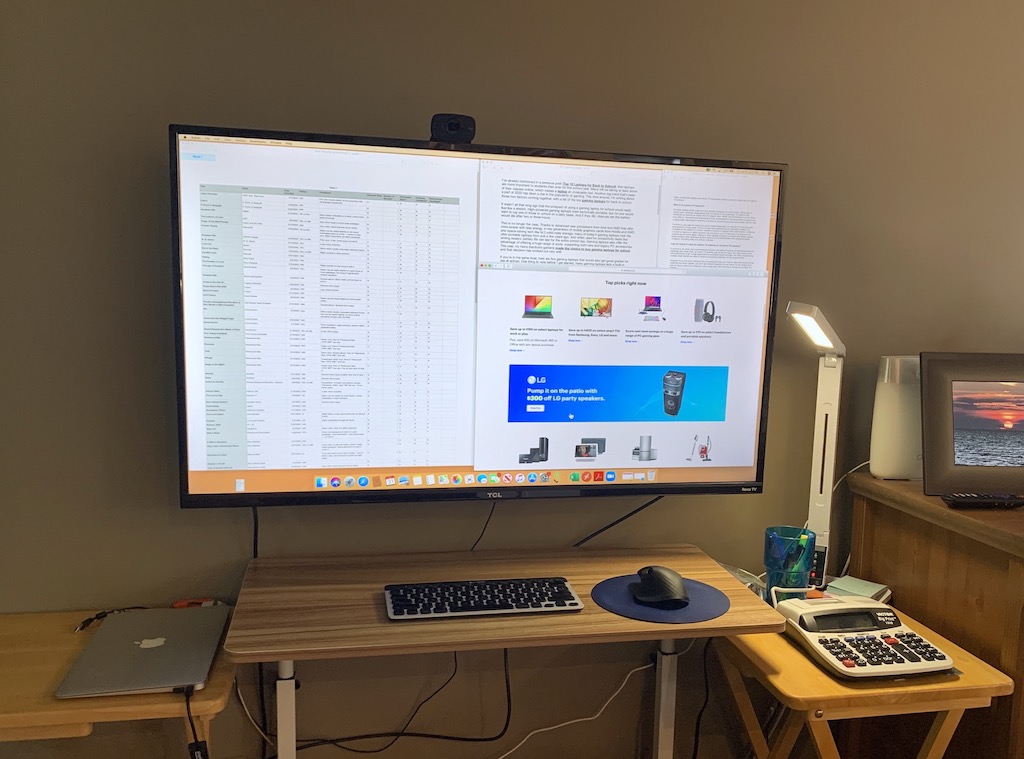Table of Content
It's not that your credit score is terrible; your lender needs more information about your payment history before approving a large loan like a mortgage. Unfortunately, the lender can't predict whether you'll repay the loan without an established credit history, so they may have to deny it. For would-be homebuyers with poor credit, or a lack of an established credit history, a co-signer can make or break their ability to buy a home. But agreeing to become a co-signer comes with significant financial responsibility, since you would be on the hook for any missed payments—so it’s not a decision to be made lightly. Qualifying for a mortgage backed by the Federal Housing Administration may be easier than a conventional loan. Because the FHA insures the mortgage, FHA-approved lenders can offer more favorable rates and terms to first-time homebuyers.
Though you may be helping out a close friend or family member with your good credit history or added income, their missed or late payments can pose a severe risk to your credit. Otherwise, you could end up in a challenging situation with lasting adverse effects on your finances. That means their debt-to-income ratio -- and ability to get other loans -- will suffer. And if you miss a payment, your cosigner's credit score will go down too. Cosigned documents are important to consider when deciding whether or not to sign them for a family member. When a person cosigned a loan, they both faced legal obligations and risks.
How Does Being a Cosigner Hurt My Chances of Getting a Loan?
When mortgage payments are missed, this won’t only affect the borrower’s credit score—it will also negatively impact the co-signer’s. And since missed mortgage payments tend to result in a steeper drop for higher credit scores, it’s possible the co-signer’s credit could end up taking the harder hit. Lenders look at your existing debt, then compare it to your income. This helps them determine whether you can afford mortgage payments.
That means that if the primary borrower doesn’t make their payments, you can’t evict them and rent the property out to stem your losses. As a co-signer, you bear responsibilities, but you do not get any rights in return. Co-signing can really help a deserving loved one out, but it's also a big responsibility. When you co-sign for someone, you're putting your own name and credit on the line as security for the loan.
Important FHA Terms
And that’s not the obvious issue it might seem to be at first glance. The house hunter who is worried they may not be able to qualify for a home loan on their own may feel the need to add a co-signer or co-borrower. Because a co-borrower has ownership, there's an expectation they'll help repay the mortgage. Co-borrowers have to allow their credit, assets, and income to be scrutinized in the same way as the primary applicant's are. And because of this, a co-borrower's income and assets are looked at as supplemental to the primary borrower's.

As a co-signer seeking to buy a house in the future, be prepared to face additional scrutiny from mortgage lenders and jump through a few extra hoops to get a loan. One way is to continue to save money so you can afford a larger down payment, which might facilitate approval without a cosigner or secure you a lower interest rate on your loan. You could also simply wait to buy a car until you have built up your credit history or improved your credit scores. Consumers looking for a loved one to cosign could end up damaging family relationships if they do not make payments. Having a co-signer with a good credit score can help home buyers get a better interest rate and lower monthly mortgage payments. Ask a family member or friend to co-sign a mortgage loan for you.
What responsibilities does a co-signer have—and what are the risks?
This premium will come out of your own pocket, and you can’t refuse a payment. A nonoccupant co-client on your loan means the lender considers both of your incomes when they look at how much you can get in a loan. Of course, you should be absolutely positive you can make the payments before you accept the loan. If you have poor credit but still want to get a mortgage, adding a nonoccupant co-signer to your loan can help you qualify for financing.
For instance, home builders, real estate agents and contractors won’t be able to co-sign the mortgage for the property. Both government programs also have different rules for loan qualification and underwriting. So speak with your mortgage lender about these co-borrower alternatives. “This person’s income and credit history are used to help you qualify for the loan,” Smith says. The right loan type will depend on which family member apply for the loan, how strong their personal finances are, how much money they plan to put down, and other factors.
What is a fresh start loan?
And since insurance rates can be subject to change, we’ll send you a fresh set of quotes every six months. That way, you can make sure you’re still getting a good deal on the coverage you need. “In community property states, the Borrower’s spouse is not required to be a Borrower or a Cosigner. However, the Mortgage must be executed by all parties necessary to make the lien valid and enforceable under State Law”. While not all lenders are generous in their interpretations of the rule, there are many that are willing to work with it.

Non-occupant co-borrowers are most commonly seen on conventional loans and FHA loans. The higher your combined income and assets, the more likely it is that the mortgage application will be approved. Because the co-signer will carry the mortgage loan as a debt, it may make it difficult for them to qualify for a home loan on their own. This article reviews what a mortgage cosigner is, when to use a cosigner instead of a co-borrower, and what the cosigner requirements are for the most common mortgage loan types.
So even a co-signer with perfect credit will only help your chances of approval if your score meets your lender's minimum requirement. Most borrowers ask someone to co-sign their mortgage because they need additional income to qualify for the loan. However, without a co-signer, borrowers often have too much debt and not enough income--their debt-to-income ratio is too high.
However, if the primary borrower on the loan defaults, the cosigner will be held responsible for continuing to repay the loan. Generally, a co-signer will stay on the mortgage for a few years until the primary borrower can establish enough credit or income to assume full responsibility for the loan. At that point, the co-signer can request to be taken off the note by asking the lender to requalify the loan with just the primary borrower. People sometimes look to friends or secondary relatives as co-signers, but this can present problems. If you default on the loan, it can ruin the relationship; and if the relationship itself that deteriorates, you're still tied together by the loan.
IRS first-time penalty abatement, otherwise known as one-time forgiveness, is a long-standing IRS program. It offers amnesty to taxpayers who, although otherwise textbook taxpayers, have made an error in their tax filing or payment and are now subject to significant penalties or fines. The amount of time it takes to rebuild your credit after bankruptcy varies by borrower, but it can take from two months to two years for your score to improve. Because of this, it's important to build responsible credit habits and stick to them—even after your score has increased. The content on this site is not intended to provide legal, financial or real estate advice.


No comments:
Post a Comment